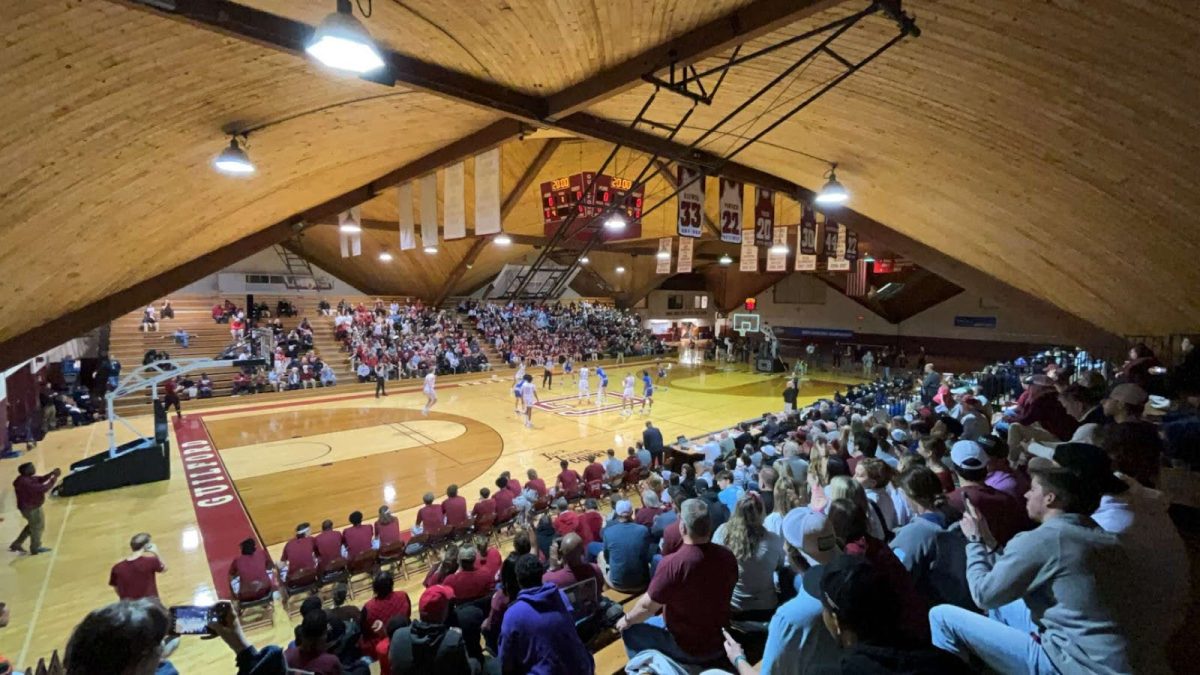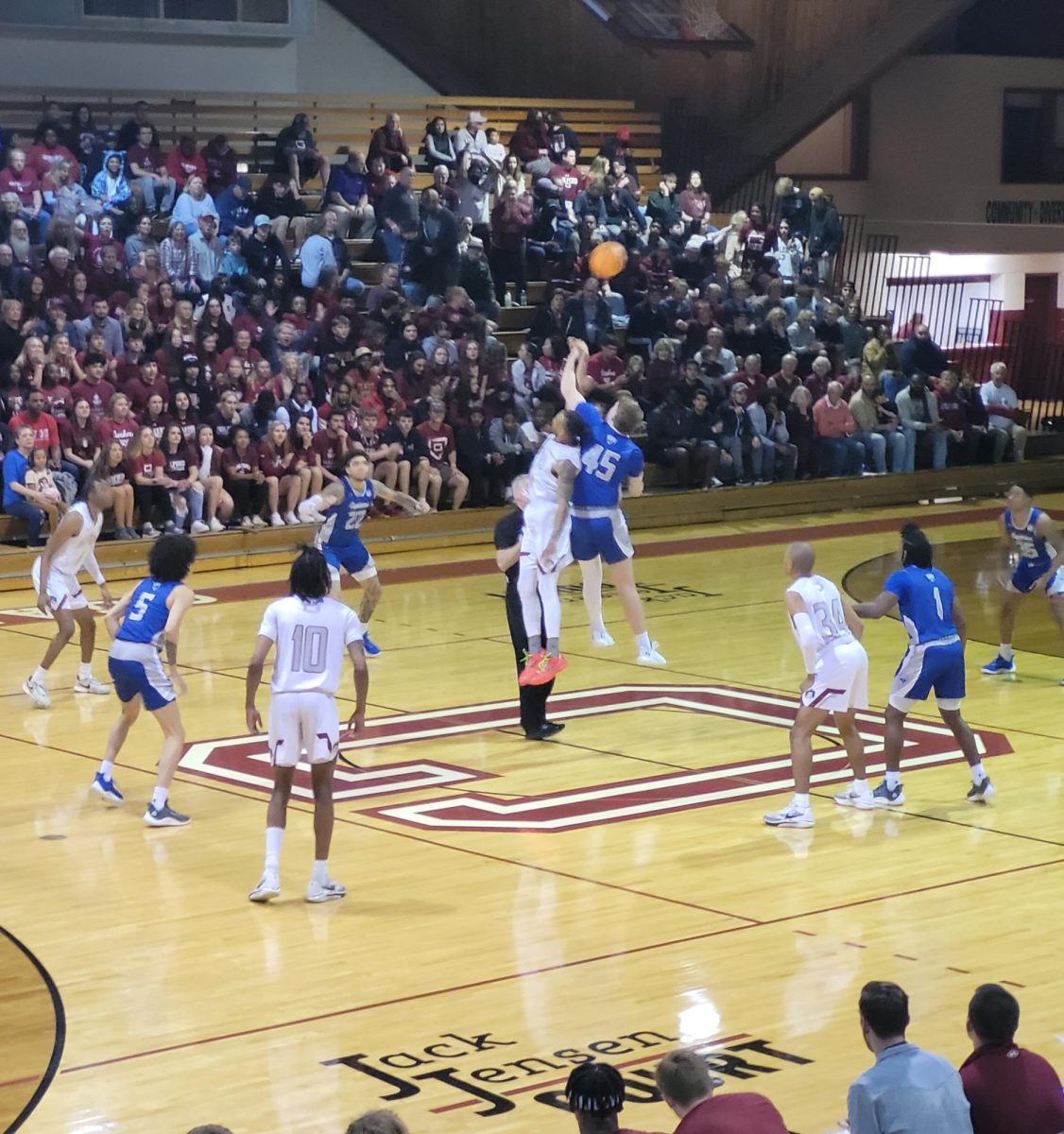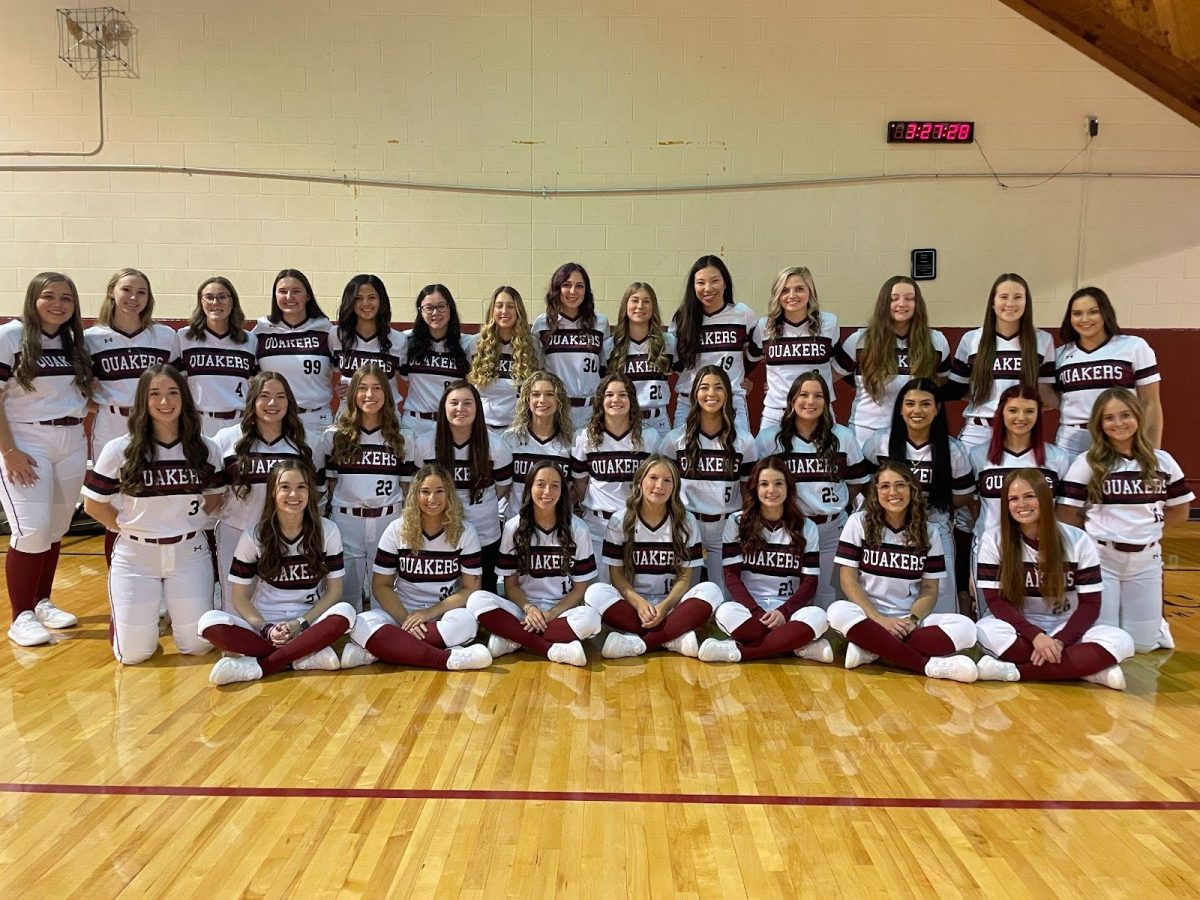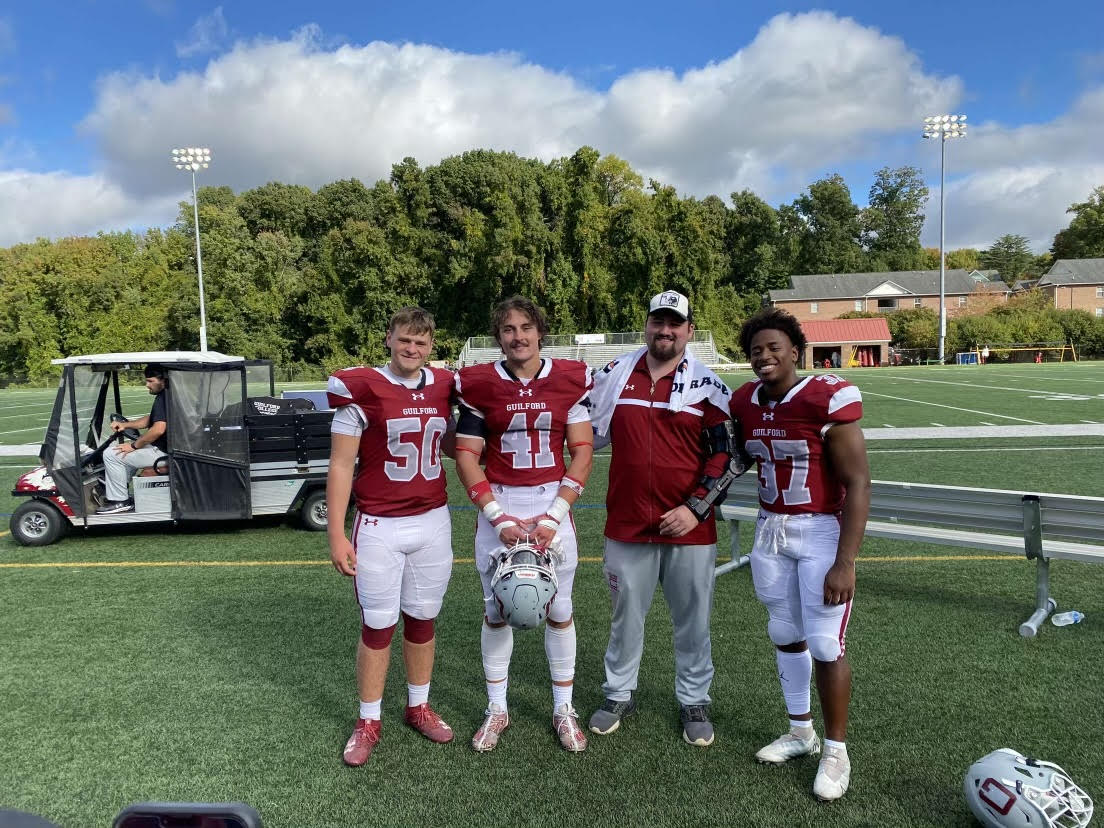Jamal Sampson. Shawne Williams. Rodney White. To those outside of the basketball world, many ask, “Who?”
These players are identified as draft busts that never fulfilled their potential upon leaving for the National Basketball Association after their freshman season.
In 2005, the NBA Collective Bargaining Agreement established the rule that limits players out of high school from entering the draft. Players must be 19 years old and be removed from high school for at least one year.
This rule has spawned the term “one-and-done” because many players attend prestigious basketball colleges like Kentucky, Duke and Indiana only to play for one season.
“I think the one-and-done rule is the most ridiculous rule in all of sports,” said volunteer assistant men’s basketball coach Will Cloyd. “If a rule is going to be in place like that, then it should either be (that) you enter the league out of high school, or you go into college and it has to be for two years.”
The NBA holds all the cards in the one-and-done culture of professional basketball.
“I happen to dislike the one-and-done rule enormously and wish it didn’t exist,” said NCAA President Mark Emmert according to The Kansas City Star.
All eyes turn to David Stern, NBA commissioner, for change.
“I think it would be a great idea to change it to a two-and-done,” said Stern according to CBS Sports.
The National Basketball Player’s Association is accountable for the rule.
“Everyone says it’s a pretty good idea except the (NBPA), whose consent is necessary to change it,” said Stern.
While one year of basketball does wonders for scouts, two years would help immensely. Players would not be pressured to go to the league or transfer because they did not improve their draft stock after one season.
Even coaches dislike one-and-done.
“It’s not my rule,” said John Calipari, coach for the 2011 NCAA Champion Kentucky Wildcats according to AL.com. “I don’t even like the rule one-and-done. Whether it’s Carolina, Duke or Florida, we’re all in the same boat.”
Duke’s basketball program has a history of players staying for four years, but some players like Kyrie Irving and Austin Rivers leaped to the league after their freshman campaign.
“The NBA benefits tremendously from college basketball, which essentially serves as a free minor league system,” said Robert Malekoff, associate professor and chair of sports studies in an email interview.
The NBA and NCAA are not the only ones hurt by the rule. Fans lose connection with their team and their favorite players with the many early draft entrants.
J.J. Redick is an average NBA player, but a Duke legend. What about Kyrie Irving? Irving is a superstar in the NBA, but will he be remembered as a Duke legend? Hardly; he only played 11 games for the Blue Devils.
“College is supposed to be about school spirit,” said junior basketball player Jared Hinton. “Leaving after one season is not school spirit.”
The situation at Kentucky epitomizes the problem fans face with the rule. The Wildcats recruited one of the best freshmen classes ever. But will it last for longer than a year?
The number five, seven, eight, nine and 25 top recruits will attend the University of Kentucky in the fall. The whole starting lineup may go one-and-done after the 2013–2014 season.
The next time your team recruits a big-time player, don’t get too attached. The heart is not made to be broke.






